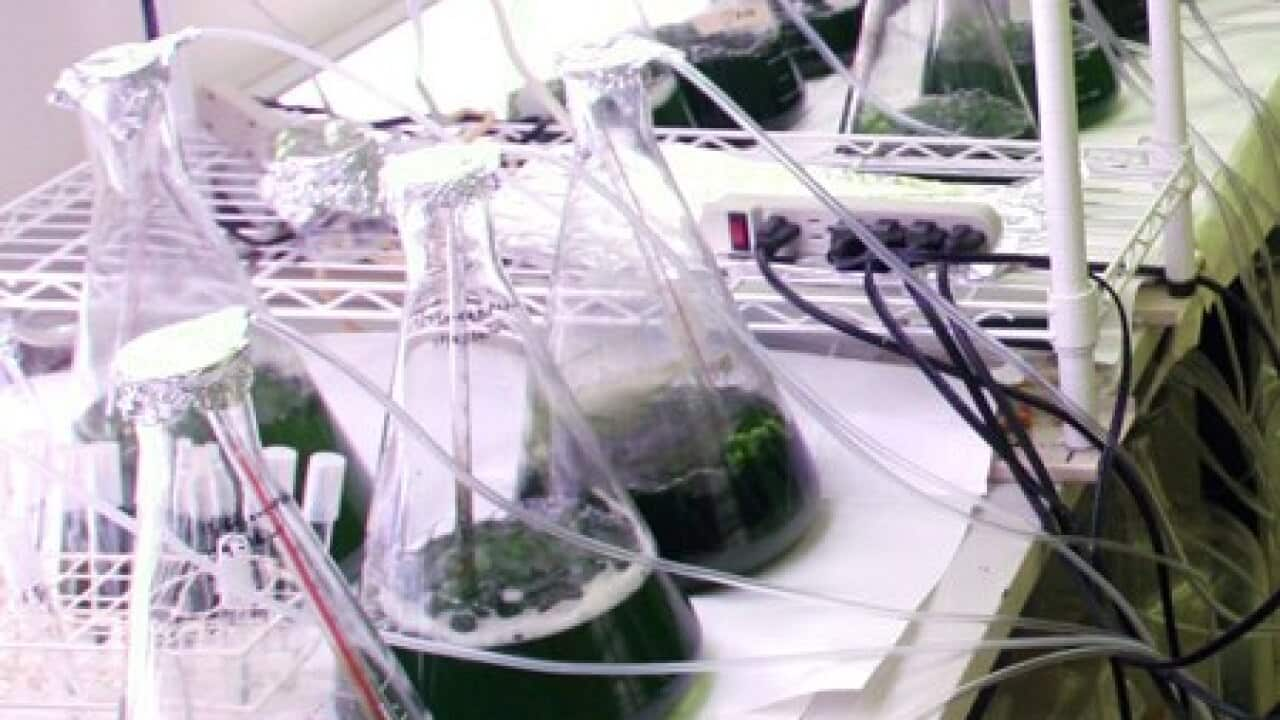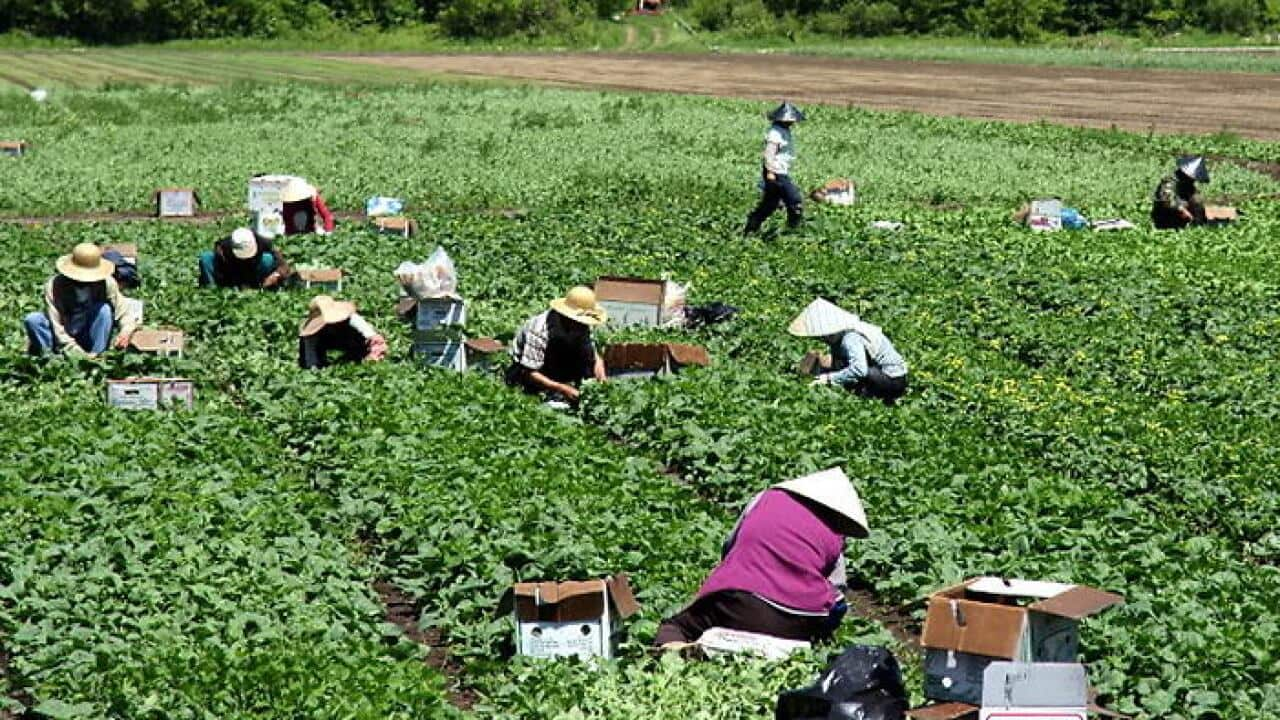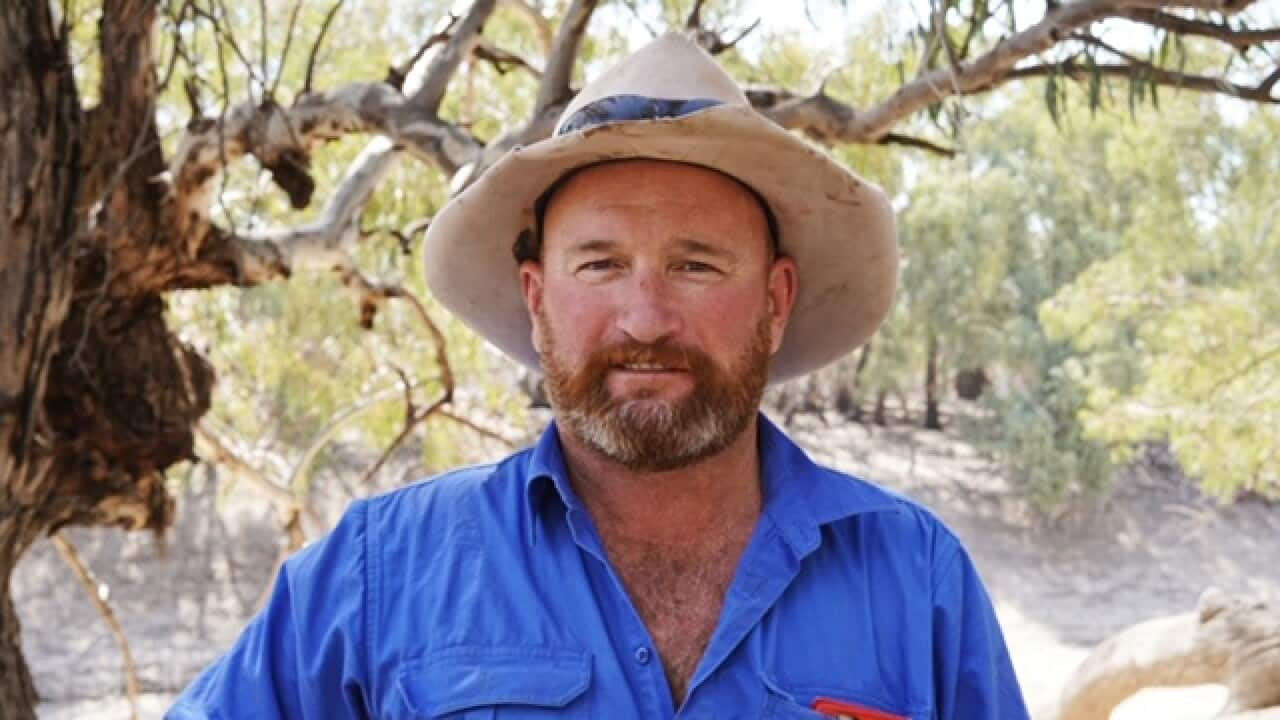About the causes of the increased salinity worldwide, Dr Sadiqul Awal says, "Sea level rise, drought, unplanned farming, irrigation, use of pesticides, use of chemical fertilizers, earthquakes, deforestation mainly contributed to salinity. Some of the causes are natural and some caused by humans. So, this is how salinity of the land is increasing and the productivity is decreasing."
He says the cause of salinity in Bangladesh is different. "Thanks to unbridled shrimp culture in Bangladesh, this man-made cause is absolutely outrageous." "About 53 percent of the coastal area of Bangladesh is affected by salinity. The vast areas of land in Satkhira, Bagerhat, Khulna are losing their fertility due to the shrimp farming. You won't see any greenery when you visit these places. Farmers will not be able to produce paddy, jute or other crops in these lands when you stop shrimp culture. That's why as a small country Bangladesh is at risk for food security."
"About 53 percent of the coastal area of Bangladesh is affected by salinity. The vast areas of land in Satkhira, Bagerhat, Khulna are losing their fertility due to the shrimp farming. You won't see any greenery when you visit these places. Farmers will not be able to produce paddy, jute or other crops in these lands when you stop shrimp culture. That's why as a small country Bangladesh is at risk for food security."

Dr Sadiqul Awal found a way to regain land fertility Source: Supplied
Dr. Sadiq has figured out ways to prevent salinity, saying, "We have done enough damage to the earth, so we have to reduce the damage and restore the fertility of the land. I have researched and found an easy way to restore the fertility of the land."
"In the study, I have shown that even the soils with high salinity, we can bring its salinity closer to zero, and as a result, the soil will regain its fertility. My findings show Algal Treatment is very effective in this case . It is quite simple and traditional technology."
Regarding how effective this method is in case of Bangladesh, he says, "This technology is most effective for Bangladesh, like any other tropical area. They can be applied at the field level."
He says that when some government level teams from Bangladesh came to Australia, he informed them about it and they showed great interest and enthusiasm.
Dr. Sadiq is also a passionate writer besides his professional work. Two of his books have been published in Bangla called 'Bohe Somantoral' and 'Probase Amra'.
Listen the full conversation by clicking the audio player above









